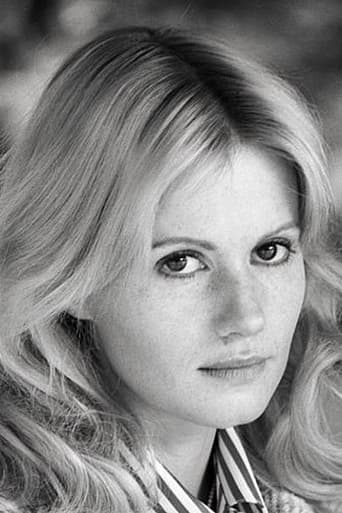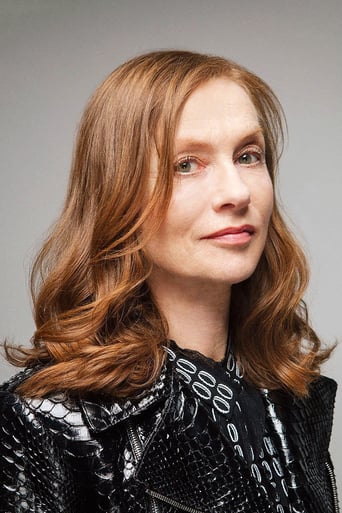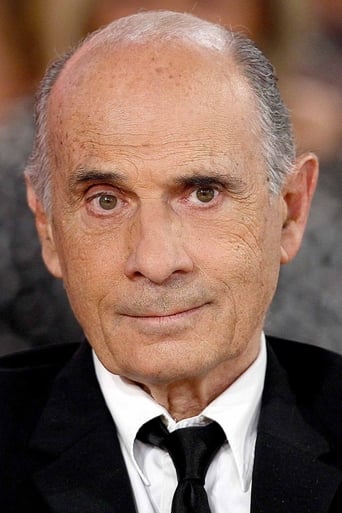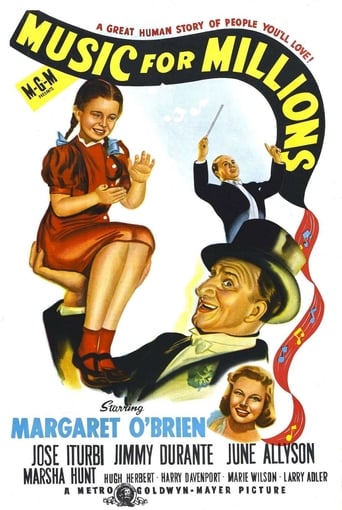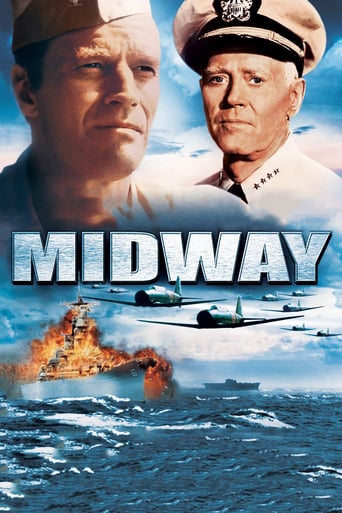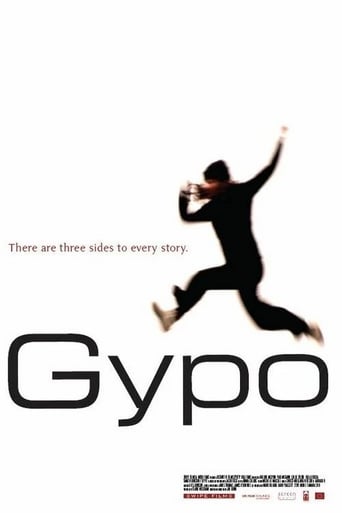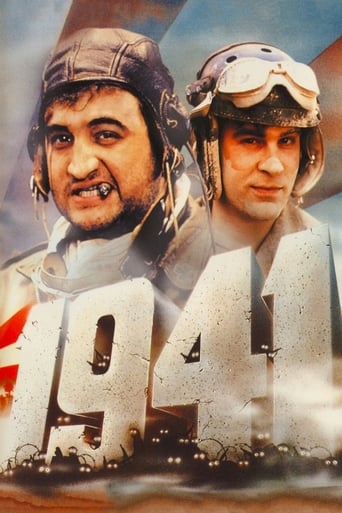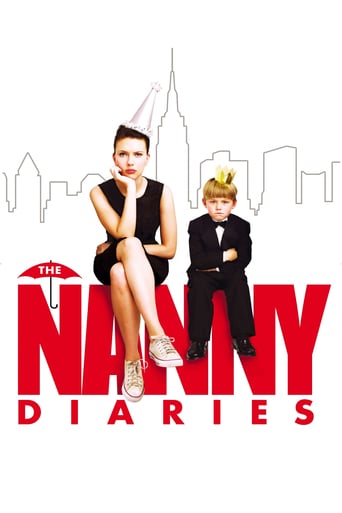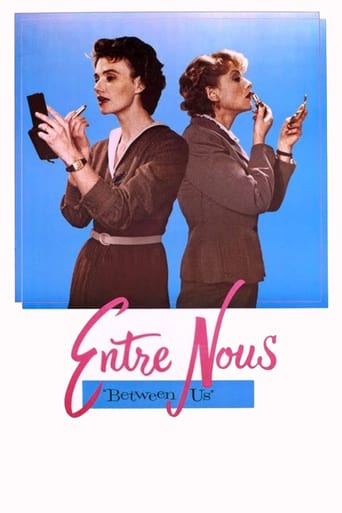
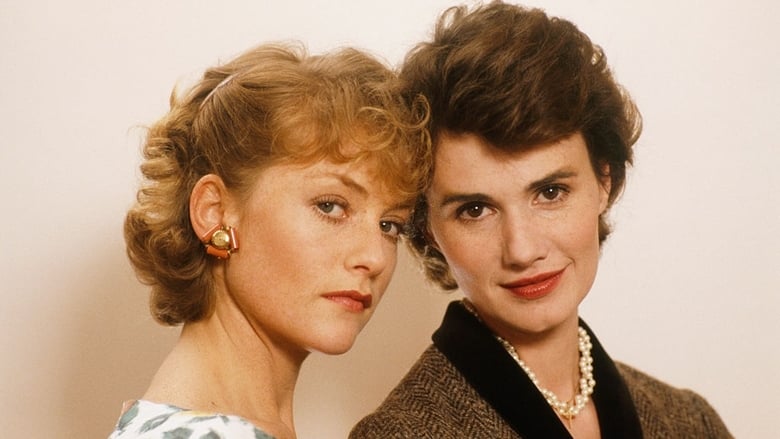
Entre Nous (1984)
In 1942 in occupied France, a Jewish refugee marries a soldier to escape deportation to Germany. Meanwhile a wealthy art student loses her first husband to a stray Resistance bullet; at the Liberation she meets an actor, gets pregnant, and marries him. Lena and Madeleine meet at their children's school in Lyon in 1952 and the intensity of their relationship strains both their marriages to the breaking point.
Watch Trailer
Cast
Similar titles
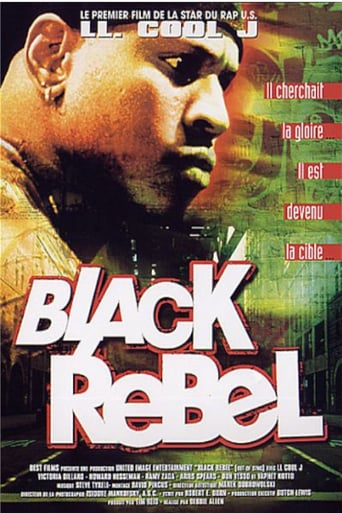
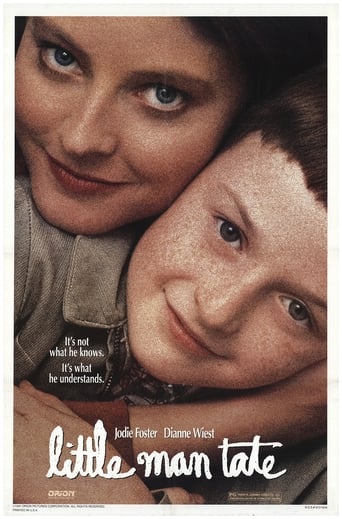
Reviews
Like the great film, it's made with a great deal of visible affection both in front of and behind the camera.
The acting is good, and the firecracker script has some excellent ideas.
The movie turns out to be a little better than the average. Starting from a romantic formula often seen in the cinema, it ends in the most predictable (and somewhat bland) way.
It is an exhilarating, distressing, funny and profound film, with one of the more memorable film scores in years,
Re KS-8's review above, everyone is of course entitled to his or her opinion. I disagree though; this really is a modern classic. I should explain the meaning of "the Resistance" since this is kind of relevant to the plot in this movie. During WWII, there were a number of people in those countries that had been overrun by the Germans who, fairly understandably, were not too happy about that situation. The French Resistance was particularly active in trying to do as much damage as possible to the German army. That's all historical context for what follows in this movie. It is a great movie and one which I am glad finally to have found on DVD just today (my birthday).
For years, I've heard glowing praise of this movie....now that I've seen it, I feel the praise is largely undeserved. The movie gets off to a bad start: It's unclear (at least from the subtitled version I saw) where the heck the characters are. It's obviously Europe and some kind of World War II era camp, but that's all I could glean....And in the early scenes with Miou Miou, where her first husband gets shot, it wasn't clear who was doing the shooting and/or why. According to the description on this site, it was the "resistance," whatever that means....(to be fair: perhaps most Europeans in 1983 understood the history without needing reference books, but this U.S. home video viewer in 2002 would have appreciated a bit more historical context)As for the rest of the film....Slow, slow, slow. And with a lot of extraneous elements that never seemed to go anywhere. Frankly, I was hoping for more romance between the two women, which you never really see. You just get Isabelle Huppert's husband being angry all the time. And for the record, I didn't like the way the Miou-Miou character kept insulting her young son. None of these characters were particularly likeable, not even Isabelle Huppert. The ugliness of the characters detracted from my enjoyment of this, too.I suppose this was considered really "avant garde" or something, in terms of subject matter, back in 1983, when it was released. But today it just falls really flat. A disappointment.
(Note: Over 500 of my movie reviews are now available in my book "Cut to the Chaise Lounge or I Can't Believe I Swallowed the Remote!" Get it at Amazon.)Michel (Guy Marchand) falls in love with Jewish refuge Lena (Isabelle Huppert) at first sight and offers marriage as a way she can avoid being sent to a German concentration camp. She accepts, and although she doesn't love him, they have two children and are still married when we pick up the action again in Lyons in 1952 when Lena is 29-years-old. There she meets the sophisticated and well-to-do artist Madeleine (Miou-Miou) who awakens her to the drabness of her existence as a housewife with a loutish husband who now runs a gas station. The attraction between Lena and Madeleine is very strong, and very threatening to the men, especially to Michel.Huppert's poignant and bittersweet portrayal reminds me of her delicate work in Madame Bovary (1991). There is the same listlessness expressed along with a vague desire for something better out of life, and the anticipation of the sadness that we know will come of such desire. Miou-Miou is sharp and cynical with perhaps a streak of the manic-depressive about her. The love they spontaneously feel for one another is real and beautiful and makes us want it to be fulfilled. But Lena holds herself back because of her family, and then it is the men and propriety that get in the way.Of course this is very French and Lena and Madeleine hold hands and comfort one another while telling each other their innermost secrets including the infidelities of their spouses, etc. (The men have no such communication.) Director Diane Kurys exercises more restraint in showing the physical nature of their mutual attraction than would be displayed today. Lena says to Madeleine at one point, "I want to kiss you," but we do not see them kissing. The most explicit scene sexually is the startling, but delicately expressed, meeting with the soldiers on the train where we discover the full extent of Lena's frustration.This is not quite a great movie. The pace is a little slow in spots and sometimes the focus is not as sharp as it could be. But it is an extraordinarily honest movie, and I'll take that over sharp technique any day. Huppert is not only at her best here, but her exquisite and subtle beauty is shown to great advantage. Miou-Miou is also very pretty of course--this is the first time I've seen her--so I would say her strength of character is perhaps her strongest suit. This is a human tragedy on a small, intimate scale, one that we can't help but feel could have been averted had those involved understood one another better, had they been a little wiser. We've all been there before and so we can share the sadness and the sense of loss.
I wasn't sure where this movie was going at first, but as it picks up the pace there is little doubt as to whom the nous in the title refers.When Huppert says "Je tu manque" (pardon my French it is I hope close) "I miss you" she might as well be declaring the love that is boiling out of her. But there is the problem of the spouses to be resolved, and the children. Needless to say all is reconciled and true love triumphs.I have seen this movie at least three times now and love it more each time. There is a tenderness between most of the characters (one is a lout pure and simple) but the others all strive to reconcile who they are to to events that enfold them. Their struggles hit all of the right notes (with the possible exception of a very steamy sex scene on a train which just doesn't work for me)It is a tear jerker at times, but a beautiful tear jerker. and so I always did like those forties movies.
